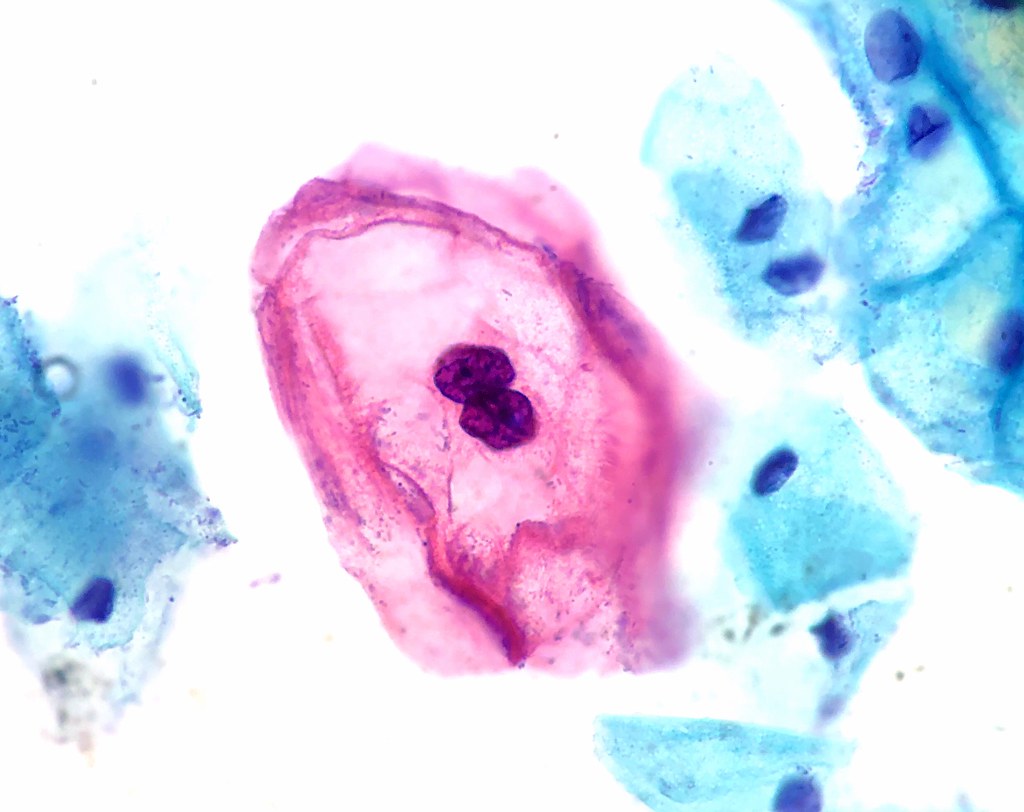Scientists are drawing connections between the human papillomavirus (HPV) and cutaneous squamous carcinoma (SCC) and learning that certain strains of HPV could decrease a person’s risk of developing SCC.
In a study recently published in Nature, a group of researchers from Massachusetts General Hospital (MGH) led by Shawn Demehri, MD, PhD, found that common, low-risk strains of HPV that live on the skin could prevent SCC from attacking the body.
There are over 100 known strains of HPV, and around 12 of those are associated with high risk cancers. MGH researchers studied the strains that are considered “hitchhikers” on the body and are less likely to cause serious diseases. The researchers experimented with mice to determine how HPV influences the probability of developing SCC. They infected mice with natural immunity against HPV with the virus, and found that with the transfer of T cells, they acquired immunity from skin carcinogenesis induced by chemicals or ultraviolet radiation. They also found that mice with an immune response to the HPV were shielded from skin cancer exposure.
The researchers argue that it’s a suppressed immune system, not HPV, that puts patients at a 100-fold risk for developing skin cancer. “The role of these commensal viruses, in this case, papillomaviruses, is to induce immunity that then is protecting patients from skin cancers,” said Dr. Demehri. “This is the first evidence that commensal viruses could have beneficial health effects both in experimental models and also in humans.”





